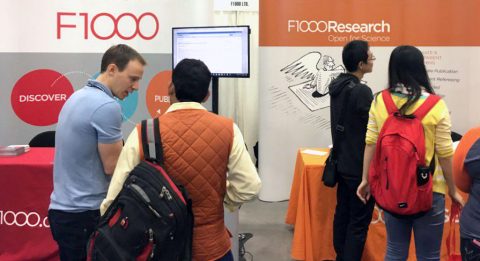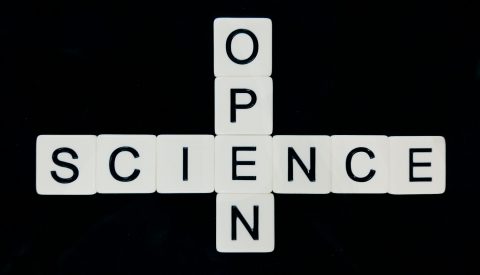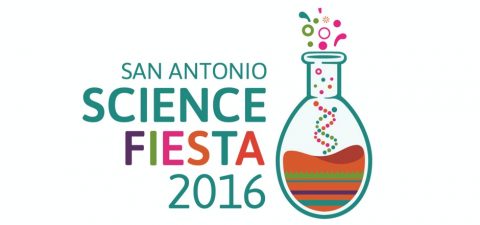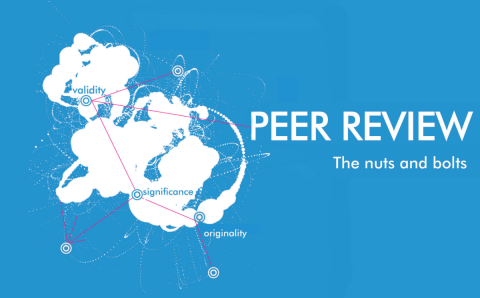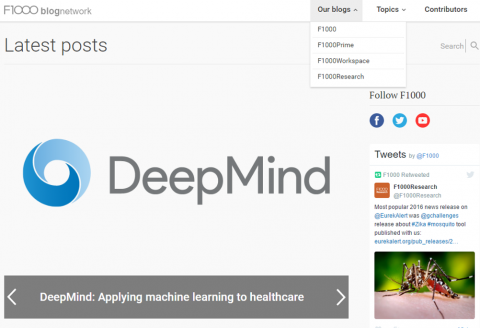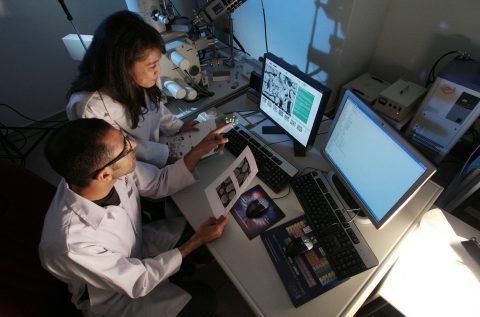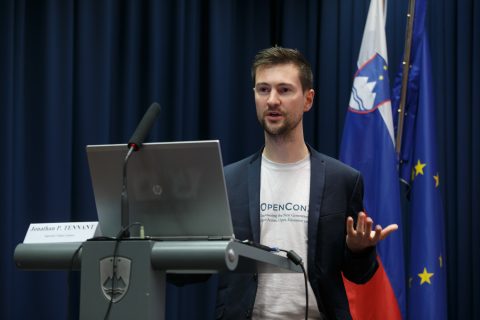Towards the end of last year, we were busy attending several conferences around the globe. In this blog, we are giving you a roundup of where our F1000 team went and what the highlights of these conferences were. Stay tuned for a list of upcoming conference attendances.
Over the past decade, there has been a massive drive to improve the efficiency, and understand the impact, of research and Researchfish® was born from this. Developed by the UK’s Medical Research Council, and quickly adopted by all the UK Research Councils and a number of other major funding agencies and institutions across the world, Researchfish today provides the world’s most commonly used grant output and impact tracking platform. F1000Prime has now partnered with Researchfish to help track the impact of research outputs.
From pre-registration to preprints – take a quick break from your experiments and catch up with what’s happening in the world of open science.
Science Fiesta is a large science outreach event hosted by San Antonio Science and organized primarily by graduate students. The primary goal of the event was to reach new audiences by infusing existing South Texas traditions with science and to break down cultural barriers to science engagement. The event brought together over 50 organizations to offer interactive exhibits, scientific…
In this guest post, Dugald Foster, who recently completed an MSc in Evolutionary Anthropology at the University of Durham, talks about his experience at a peer review workshop hosted by Sense About Science that he recently attended.
If our blog could talk, right now it would probably use the much clichéd phrase: “new year, new me!” Today marks the launch of our new and much improved blog network, which we hope you will like as much as we do.
As 2016 draws to a close we’ve had a look at our most-read blogs for the year. The top five are listed below so you can revisit them too. Covering topics from the launch of wellcome Open Research to using data visualization as a means of hunger, malnutrition and poverty. We hope that you enjoy them!
If, like us, you’re taking a little break for the holidays, you may wish to catch up on some of our most popular blog posts from 2016. Enjoy your time off!
Jon Tennant is our “F1000 Specialist of the Month”. He recently finished his PhD on mass extinction at the end of the Jurassic at Imperial College London. Throughout his PhD, he has campaigned for better ‘open research’ practices and published an article justifying the reasons for open access. He is the Communications Director for ScienceOpen, part of the Open Leadership Cohort of the Mozilla Science Lab and the Open Knowledge Leadership team, a freelance science writer and consultant, and wrote the kids book Excavate Dinosaurs!
Looking for something interesting to read while you wait on an experiment? Treat yourself to a 10 minute break and catch up with all that’s been happening in the world of open science!

